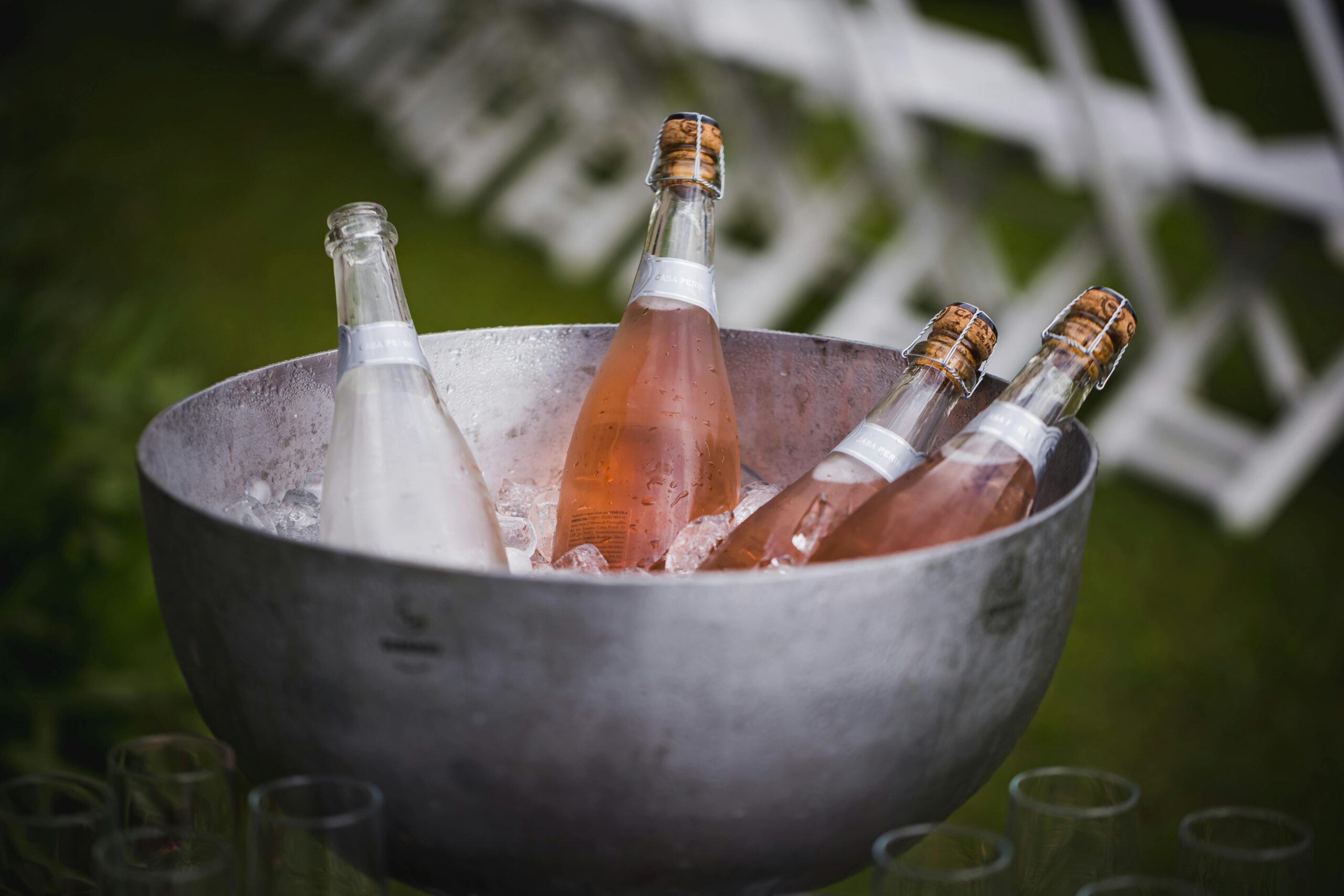In a recent travel advisory, the United Kingdom’s Foreign, Commonwealth & Development Office cautioned British travellers against the high risks of severe illness and death linked to contaminated liquor in several popular destinations such as Nigeria and Kenya.
The travel guidance follows a 2024 case of methanol poisoning in Laos, Southeast Asia, which reportedly led to six deaths, including a British national.
The surge of counterfeit drinks in Nigeria has drawn a chorus of public complaints, especially from celebrities. In recent years, many have decried the second-rate quality of liquor at most nightclubs.
One notable criticism comes from an X post by Daniel Benson, professionally known as BNXN, who urged clubs to “stop selling us fake drinks after spending so much money on the overpriced drinks. You’re killing us.”
Another tweet by ThankGod Omori, a cinematographer who would later undergo a kidney transplant, noted that fake drinks left “me hospitalised most part of this year.”
A billion-naira thirst
Nigeria is home to a cornucopia of alcoholic beverages, which makes it especially vulnerable to counterfeiting. One report indicates that Nigerians spent N2.18 trillion on booze alone in 2022–more than 13% of the national budget for that year.
A conspiracy of high inflation and taxation has begun to dampen this craving. A rising spate of excise duties on alcoholic beverages has led to a 15% decline in consumption among low-income consumers.
Economic pressures in recent years have accelerated the proliferation of adulterated beverages. Industry experts reckon that roughly 30% of alcoholic beverages in Nigeria are adulterated. In a bid to cut costs, counterfeiters substitute ethanol with cheaper—albeit toxic—chemicals like methanol to make fake alcohol potent.
Methanol has a smell similar to ethyl alcohol, a chemical ingredient found in alcohol. It is designed for industrial and household products, such as paint thinners and nail varnish.
Methanol has no colour or flavour, which makes it particularly difficult to detect in drinks. Imbibing alcohol laced with even 25 ml of methanol can lead to severe health consequences. Although early symptoms such as nausea and abdominal pain typically manifest after 24 hours, late diagnosis can result in breathing disorders and lung failure.
The growing abundance of adulterated beverages has become a global concern, given the health risks that they pose. In 2019, an estimated 2.6 million deaths were linked to alcohol consumption, according to data by the WHO.
Alongside Nigeria and Kenya, the FCDO’s travel alert also includes countries like Ecuador, Japan and Russia, where contaminated drinks have led to severe illnesses and fatalities.
The travel alert had previously included Thailand, Laos, Vietnam and other Southeast Asian countries, where production and consumption of bootleg alcohol are widespread. Brown-Forman, the company behind the popular alcohol Jack Daniel’s, estimates that a third of drinks in China are fake.
Nigeria’s crackdown on counterfeit alcohol
Nigeria’s regulators have ratcheted up their war against fake drinks. Late in 2023, the National Agency for Food and Drug Administration and Control, or NAFDAC, reported a sting operation on an underground factory in Aba, Eastern Nigeria, specialising in counterfeit alcohol. The stash of drinks confiscated during the raid was reportedly valued at N750m.
In the last three quarters of 2024, over N500m worth of fake drinks were reportedly seized in Lagos in a series of raids by NAFDAC.
But raiding underground factories is hardly enough to trounce fake liquor. Counterfeiters are becoming more adept at erasing unique stamps that brands place on their bottles, blurring the line between real and fake.
Public health advocates are calling for a multi-pronged approach that combines technology, consumer education, and stronger regulatory oversight.
Naija Liquor is deploying AI to combat the country’s fast-evolving counterfeit alcohol trade. The homegrown startup uses artificial intelligence and blockchain technology to verify the authenticity of alcoholic beverages, providing consumers and retailers with a real-time way to detect fake products.
While the UK’s travel advisory has reignited global attention to the issue, local observers say the fake alcohol epidemic is more than a tourist concern—it’s a public health emergency.
Unless Nigeria strengthens its regulatory framework and enforcement capacity, counterfeiters will continue to exploit economic hardship to flood the market with toxic brews
Summary not available at this time.






